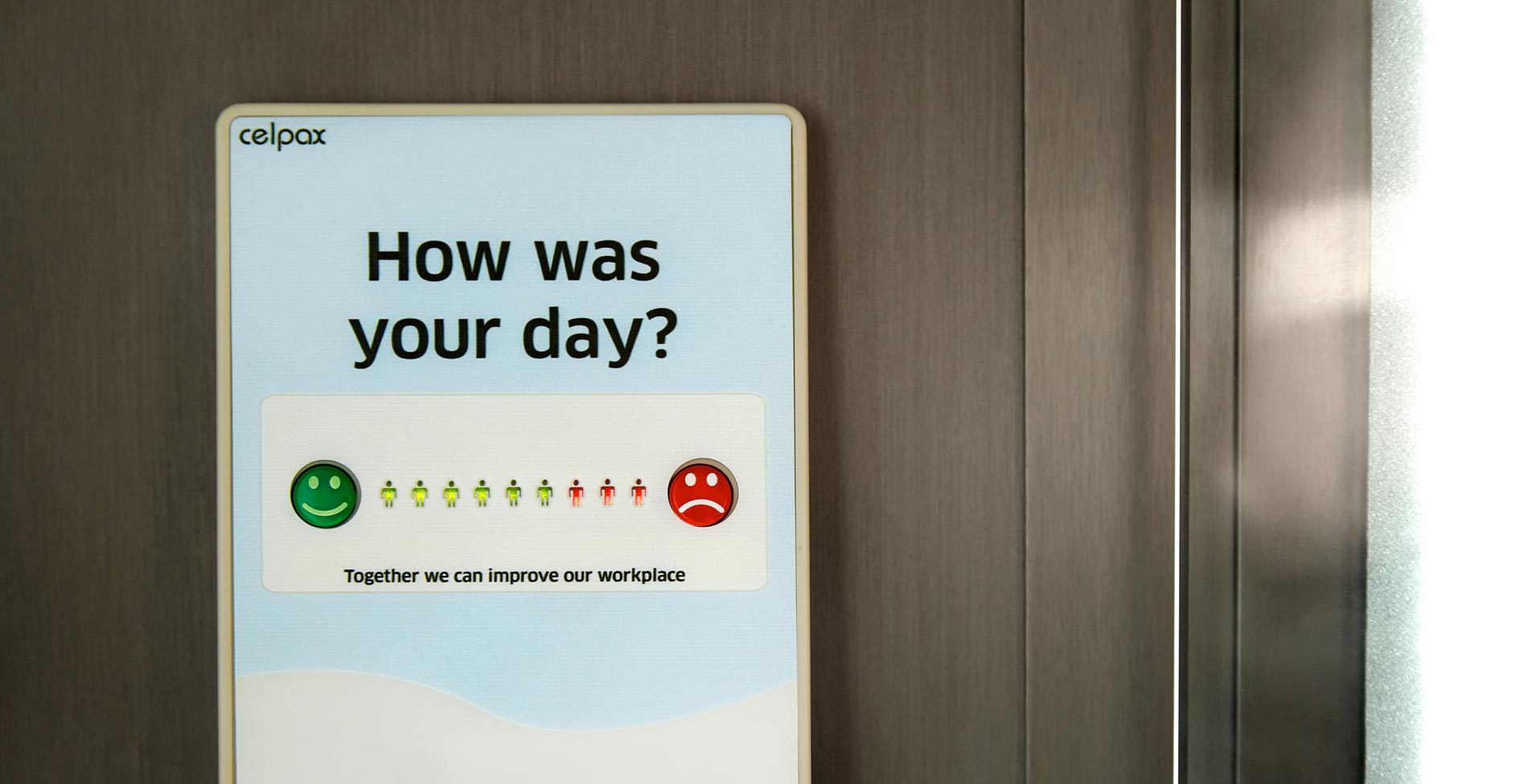Employment law in Ireland is constantly changing making it very difficult for business owners to keep abreast of the changes which affect their businesses and their employees. Recent modifications to Irish laws range from parent leave, remote working, sick pay, gender pay equality, to auto enrolment pension, and are designed to enhance the workplace and ensure fairness for employees.
We provide advice to employers seeking employment law guidance for their businesses if they are uncertain how the changes to Irish legislation will affect their company and/or employees. In this blog, we discuss some recent changes that occurred in employment law in 2022-2023 in Ireland.
Parent Leave
The expansion of parent leave in Ireland since July 2022 is an additional adjustment to employment rules. Parent leave offers parents paid time off after the birth of a child. It was first implemented in 2019 and has been extended in 2021 and 2022.
Since July 2022, parent leave allowance is seven weeks, and this is expected to increase to nine weeks and it allows parents to apply for leave from their employer to take care of their child from birth up to their child’s second birthday.
Whistleblowing Legislation
The Protected Disclosures 2014 Act will be amended in 2022, bringing about a number of significant reforms that will improve whistleblower protection.
These modifications include:
- An obligation for employers is to maintain working channels for reporting issues and to establish a clear process for handling protected disclosure requests from employees.
- Changing the terms of “worker” to include anyone connected to an employer in the ability to make a protected statement. Included in this are volunteers, job candidates, shareholders, etc.
- A more thorough definition of pertinent wrongdoings now takes into account violations of laws governing data protection, public procurement, public health, and many other areas.
- Introduction of criminal sanctions for certain punishments, in particular, which includes violating a whistleblower’s confidence.
So, keep these changes in your mind while learning about paternity leave in Ireland.
Working Remotely and Right To Disconnect
The COVID-19 epidemic made flexible work schedules more common by enabling staff to work both in the workplace and from home. Hybrid working is the term for this. Employees in Ireland now have the freedom to request remote work under the new Right to Demand Remote Working Bill 2022. Another law introduced to work alongside the working remotely policy was the employee’s Right to Disconnect.
However, the employer has the discretion to approve or reject the remote working application. Rather than the more conventional workplace, this new regulation seeks to promote more flexible hybrid work arrangements. Employers must now have a working remotely policy in place in order to support this and be in a position to justify why the application was/not approved.
Sick Leave Pay
Up to January 2023, employers were not required to pay employees for sick leave. However, to comply with the Sick Leave Act 2022, employers are now required to make changes to their Company’s sick leave pay policy effective 1 January 2023. Contingent upon an employee submitting a medical certificate from day one of their sick leave and meeting certain other criteria, they may be eligible to sick leave pay as follows:
- 3 paid sick days in 2023
- 5 paid sick days in 2024
- 7 paid sick days in 2025
- 10 paid sick days in 2026
Gender Pay Reporting
Improvements were saught to promote gender equality and avoid in particular, gender wage disparity for females. Employers with 250+ employees are currently required to submit reports as to their employee’s gender, hourly pay, bonus eligibiity and bonus received and these obligations are expected to be extended in 2024 to employers of 150+ employees and in 2025, to employers with 50+ employees. Employers who fit this criteria should begin to prepare for such reporting. A suggestion to consider investing on HR online software which can save time in self audits and preparing reports to comply with this requirement.
Wrapping Up
In addition to the above, an Auto Enrolment Pension Scheme is expected to be introduced into Irish law in July 2023 with an expected effective date of January 1, 2004. More to come on this subject which will affect all employers in every industry.




